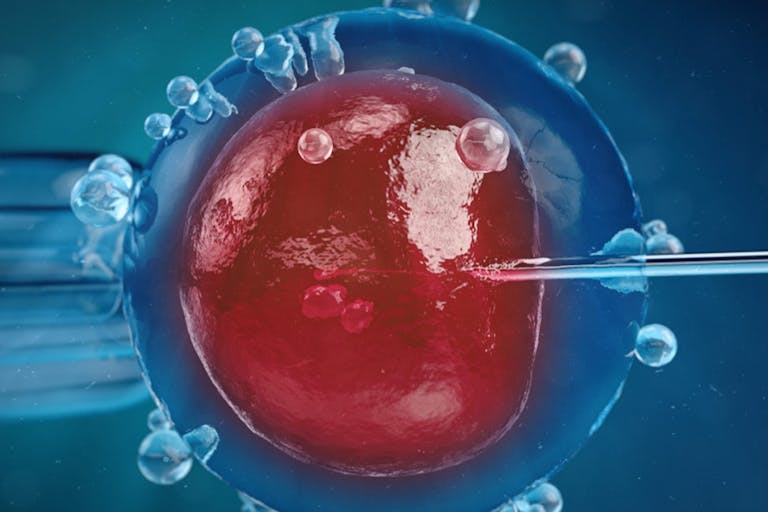
Can IVF ever be ethical? Here are some things to consider.
Nancy Flanders
·
Activism
Bridget Sielicki
·
Abortion Pill
Carole Novielli
·
Analysis
Angeline Tan
·
Politics
Bridget Sielicki
·
Investigative
Carole Novielli
·
400k+ Readers Strong & Growing
News & Commentary from
A Pro-Life Perspective
As the news arm of Live Action, we educate the public and advocate for preborn rights by providing timely, accurate, and compelling news and stories about the pro-life movement.

Activism
Bridget Sielicki
·
Abortion Pill
Carole Novielli
·
Analysis
Angeline Tan
·
Politics
Bridget Sielicki
·
Investigative
Carole Novielli
·
Politics
Mark Wiltz
·
Analysis
Cassy Cooke
·
Issues
Sheena Rodriguez
·
Guest Column
Mark Lee Dickson
·
Guest Column
Right to Life UK
·
Abortion Pill
Bridget Sielicki
·
Human Interest
Nancy Flanders
·